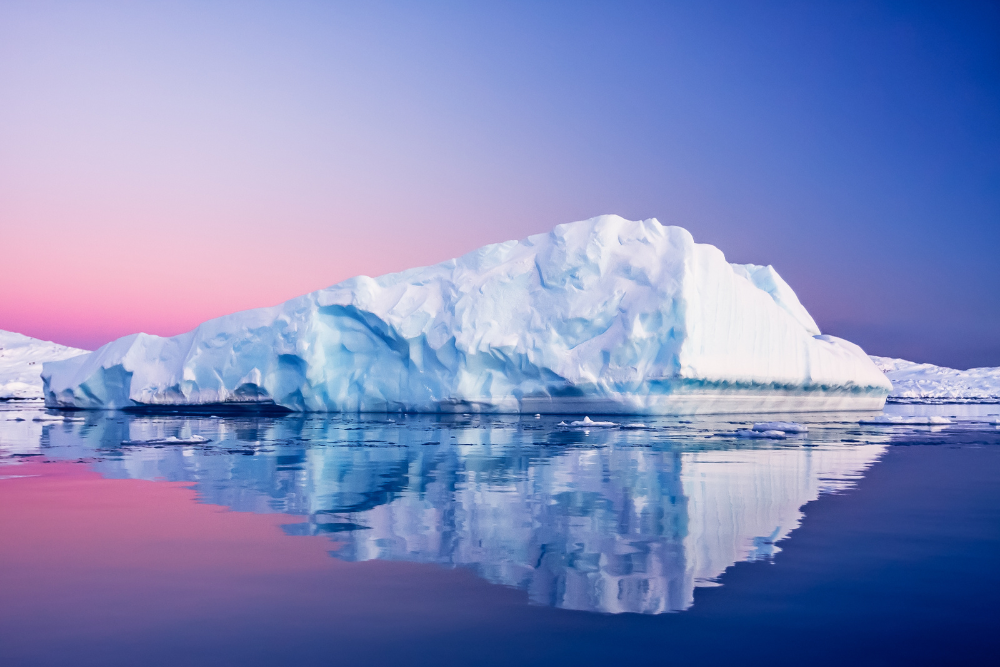The Aletsch Glacier, nestled in the Swiss Alps, is the largest glacier in the Alps and a UNESCO World Heritage Site. Stretching over 20 kilometers, this natural marvel is a masterpiece of ice and snow, captivating visitors with its immense size, intricate crevasses, and stunning alpine surroundings. The glacier is not just a visual spectacle but also a vital ecological treasure that has been shaped by millennia of natural forces.
Here’s a guide to exploring the Aletsch Glacier and its awe-inspiring surroundings.
1. Panoramic Views from Bettmerhorn and Eggishorn
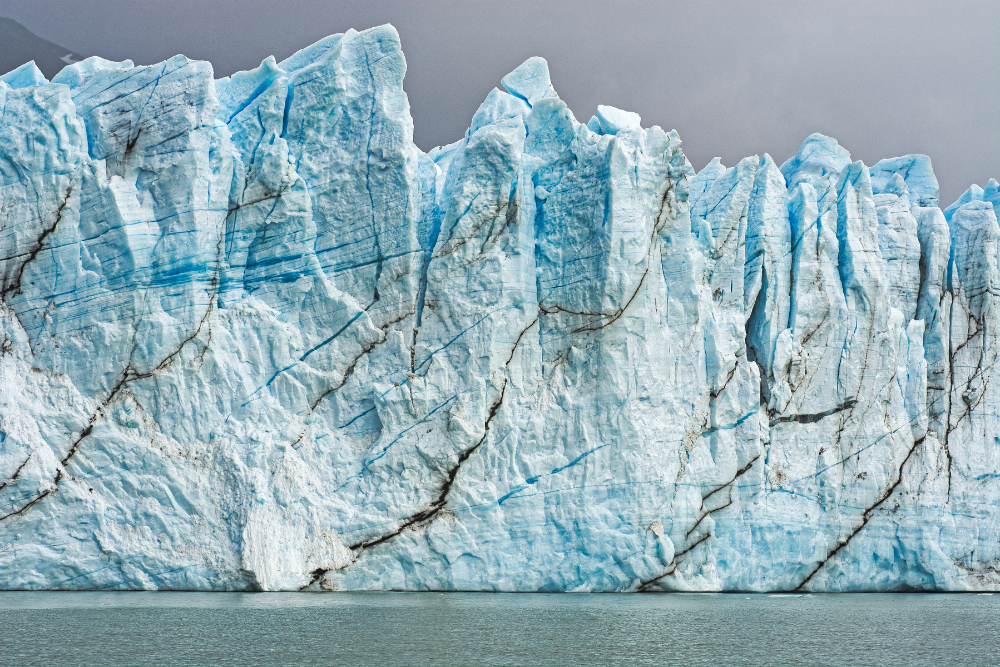
For unparalleled views of the Aletsch Glacier, head to the mountaintop vantage points of Bettmerhorn and Eggishorn.
- Highlights:
- Take a cable car from Bettmeralp or Fiesch to these summits, where observation decks offer panoramic vistas of the glacier and the surrounding peaks.
- Eggishorn provides the most comprehensive view of the glacier’s full length, making it a favorite spot for photographers.
- Learn about the glacier’s formation and ecological significance at the visitor centers.
- Why Visit: These viewpoints offer the perfect introduction to the glacier, combining accessibility with jaw-dropping scenery.
2. Hiking Trails: Immersion in Alpine Beauty
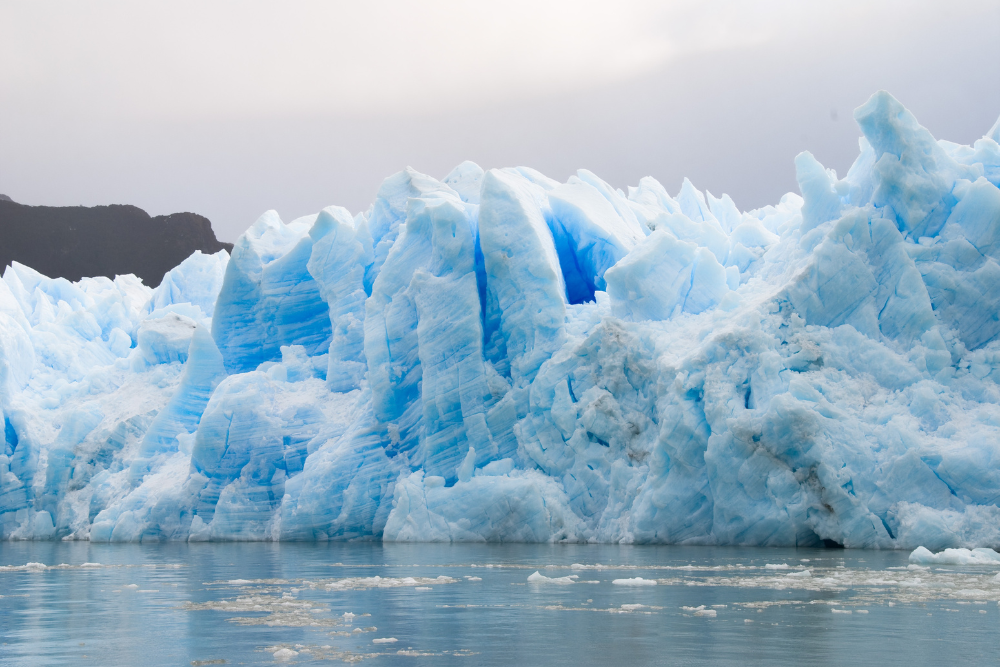
The Aletsch Glacier region boasts a network of hiking trails that allow visitors to experience its beauty up close.
- Popular Trails:
- The Aletsch Panorama Trail: A moderately challenging route offering breathtaking views of the glacier and surrounding landscapes.
- The Märjelen Trail: Leads to the Märjelen Lake, with opportunities to walk alongside the glacier’s edge.
- What to Expect: Trails vary in difficulty, ranging from leisurely walks to demanding treks, and often feature alpine flora, fauna, and serene mountain vistas.
- Why Visit: Hiking is one of the best ways to connect with the glacier’s majesty while enjoying the tranquility of the surrounding nature.
3. Glacier Walks and Guided Tours
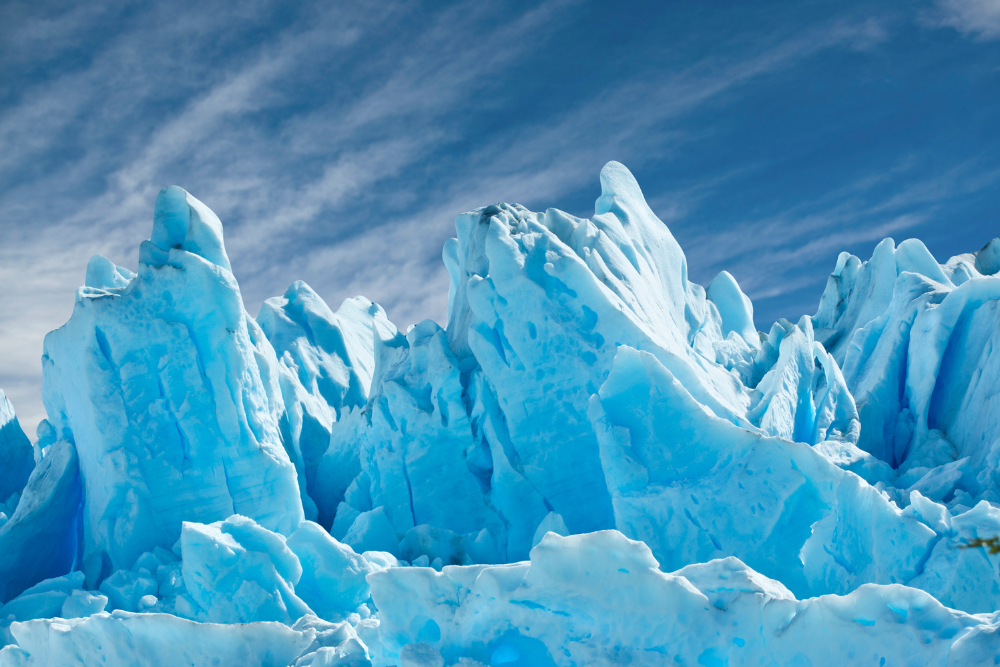
For an up-close encounter, embark on a guided glacier walk led by experienced mountaineers.
- Highlights:
- Traverse the glacier’s surface, navigating crevasses and ice formations while learning about its history and geology.
- Specialized tours include visits to ice caves, where the deep blue hues of the ice are mesmerizing.
- Safety Note: Due to the glacier’s shifting ice and hidden dangers, guided tours are highly recommended for this activity.
- Why Visit: Walking on the glacier is an unforgettable experience that provides a deeper appreciation for its scale and natural complexity.
4. Nature and Wildlife in the Aletsch Forest
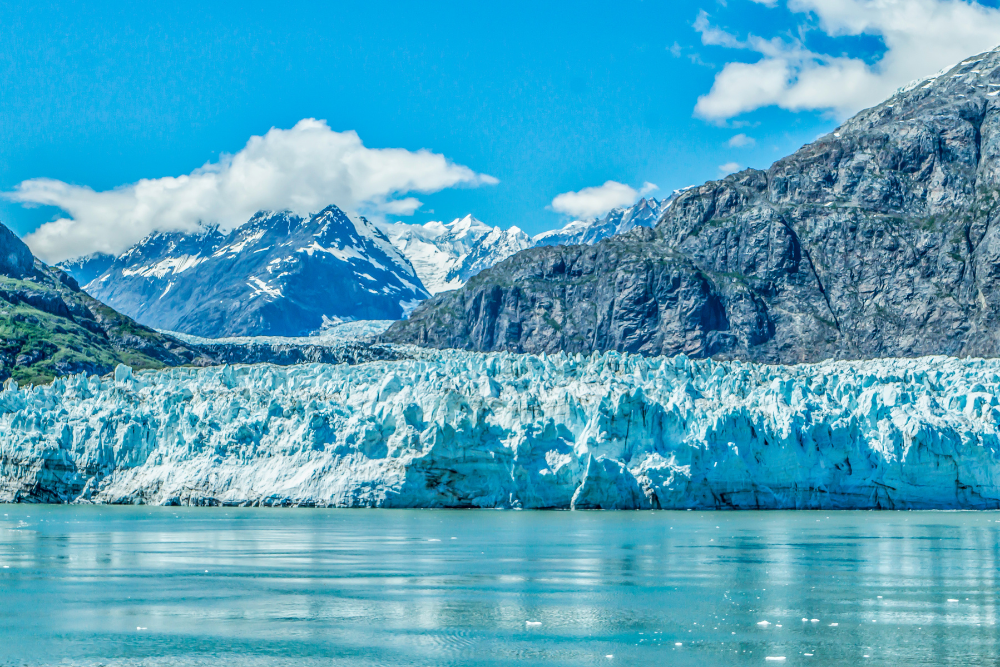
Bordering the glacier is the Aletsch Forest, one of Europe’s oldest and highest-altitude forests.
- Highlights:
- Discover ancient Swiss stone pine trees, some over 800 years old, that thrive in the harsh alpine conditions.
- Spot wildlife such as ibex, chamois, and golden eagles in their natural habitat.
- Take the circular forest trails for a peaceful walk amidst this ecological haven.
- Why Visit: The forest’s pristine beauty and biodiversity make it a perfect complement to the glacier’s icy grandeur.
5. Conservation and Climate Awareness
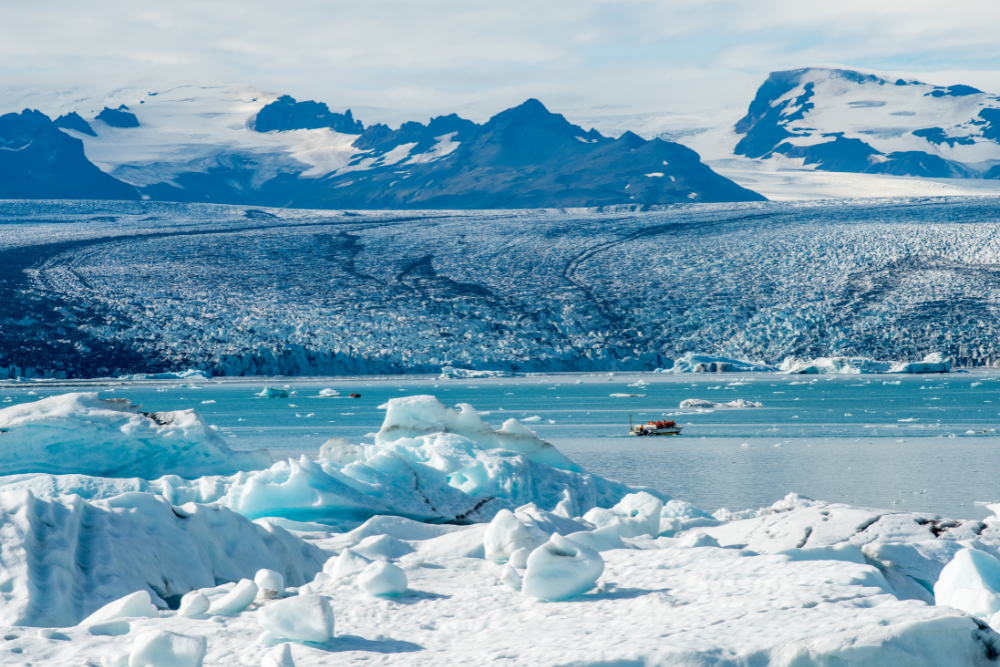
The Aletsch Glacier is not only a natural wonder but also a stark reminder of the impacts of climate change.
- Educational Efforts:
- Learn about glacial retreat and its effects on the ecosystem through guided tours and exhibitions at local visitor centers.
- Participate in eco-tourism initiatives that promote sustainable exploration of the glacier.
- Why It Matters: The glacier’s shrinking size underscores the importance of preserving such wonders for future generations.
Tips for Visiting the Aletsch Glacier
- Best Time to Visit: Summer (June to September) is ideal for hiking and glacier tours, while winter offers unique perspectives for snowshoeing and skiing.
- Getting There: The region is accessible by train to Fiesch, followed by cable cars to mountain villages and viewpoints.
- What to Bring: Layered clothing, sturdy footwear, sunscreen, and plenty of water. Binoculars and a camera are also recommended for capturing the views and wildlife.
- Safety: Always check weather conditions and follow local advice, as alpine conditions can change rapidly.
Final Thoughts: An Icy Masterpiece
The Aletsch Glacier is more than just a natural attraction—it’s a living testament to the beauty and power of the Earth’s natural processes. Whether you’re admiring its vastness from a mountaintop, trekking across its icy expanse, or exploring the ancient forest that borders it, the glacier offers countless opportunities for awe and inspiration.
A visit to the Aletsch Glacier is not only a journey into Switzerland’s alpine heart but also a chance to witness one of nature’s most magnificent creations.



